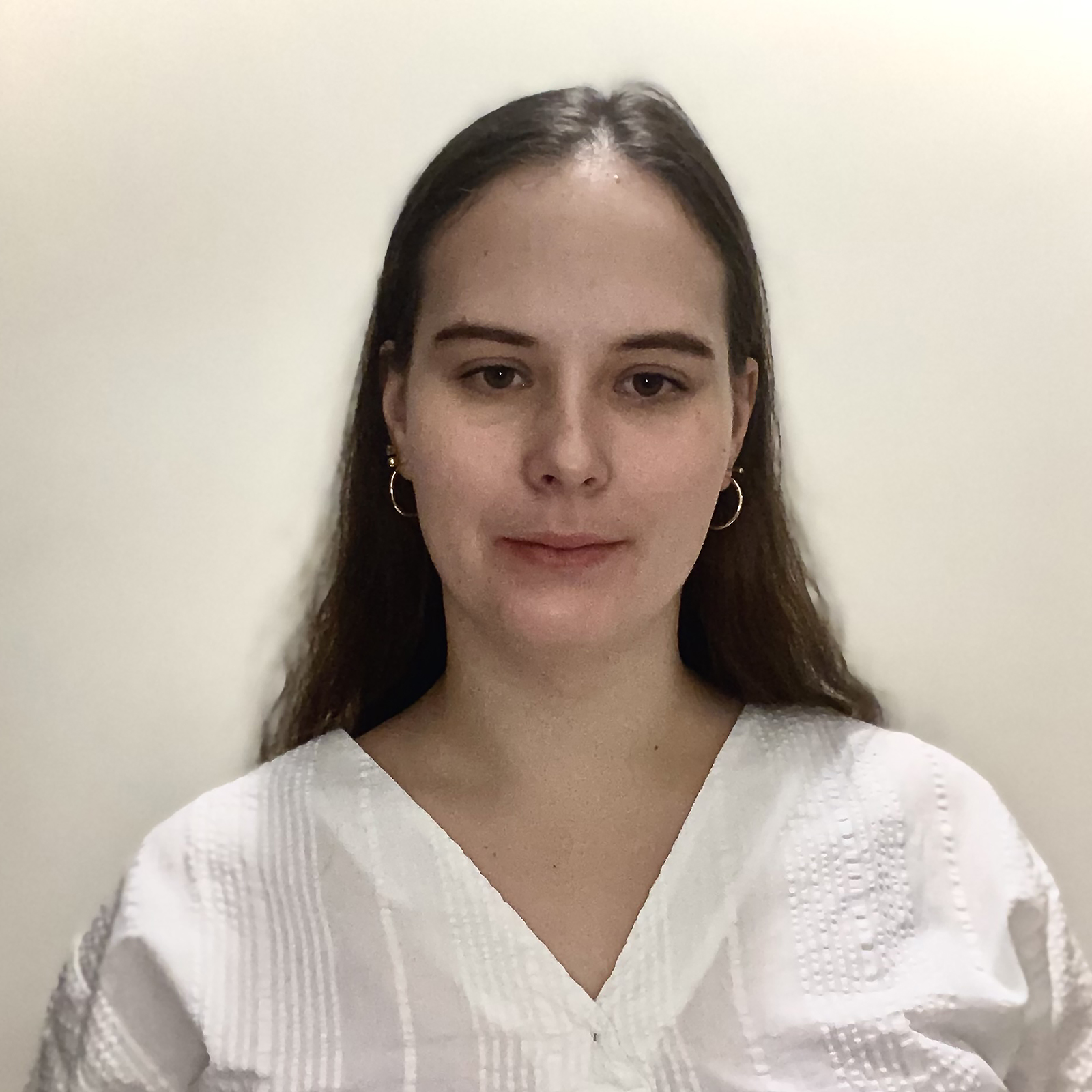Ophthalmic Biology Laboratory
Most common vision disorders in humans have a genetic origin or develop secondarily as a result of other systemic diseases; e.g., diabetes, hypertension, arteriosclerosis, and others. Their prevalence increases and symptoms worsen with aging. Many visual pathway diseases are related to the degeneration of specific types of neuronal cells in the retina, while other neurons are preserved. Independently of their cause, the affected visual system develops pathological changes in the processing of visual information. At the more advanced stages of disease, progressive loss of neuronal cells at a particular level of the visual pathway results in loss of excitation of the neurons at subsequent levels. The decrease in activity of a neuronal cell leads to its degeneration. This mechanism is responsible for secondary loss of healthy neuronal cells, not directly affected by the disease, at later stages of disease progression. These processes develop gradually, in most cases throughout many years, providing a chance to prevent the secondary pathological changes.
The ultimate goal of the OBi Group is to prevent loss of neuronal cells, restraining pathological functional plasticity, and to restore visual signal processing in the diseased retina by adjusting and strengthening the activity of the remaining neuronal cells.
Our molecular biology lab utilizes the latest advancements in genetics and viral tracing techniques to discover new viral gene therapies to support cellular structures that are responsible for the detection of visual signals.
Using in vivo and in vitro techniques in the electrophysiological lab, we analyze local and distant communication between the different populations of neurons responsible for visual information processing in healthy and diseased retina and brain. This analysis enables us to gain insight into critical changes in the functioning of the neuronal networks of vision in pathological conditions. Electrophysiology is also a valuable tool for testing the effects of therapies, which will be created in our molecular biology lab.
The engineering and computational branch of the OBi Group strives to harness new technologies and machine learning to design new diagnostic devices and equipment for evaluating and supporting visual processing in the diseased retina. Creating models of neuronal networks of visual pathways to investigate mutual functional relationships among different neuronal cell populations enables us to predict functional changes when certain neurons become disabled under pathological conditions.
OBi Address: Kasprzaka 44/52, 01-224 Warsaw
Phone number: +48 22 343 32 04
Group Leader: afoik@ichf.edu.pl
Team Coordinator: aposluszny@ichf.edu.pl
Principal Investigator
Group Coordinator and Lab Manager
Post-docs
PhD Students
Research Engineers
Publications
-
Aging Cell
Stress induced aging in mouse eye.
doi: 10.1111/acel.137372022
-
Membranes
The Structural Changes in the Membranes of Staphylococcus aureus Caused by Hydrolysable Tannins Witness Their Antibacterial Activity
10.3390/membranes121111242022
-
Brain Research Bulletin
Kisspeptin-13 prevented the electrophysiological alterations induced by amyloid-beta pathology in rat: Possible involvement of stromal interaction molecules and pCREB
10.1016/j.brainresbull.2022.03.0032022
-
eNeuro
Visual System Hyperexcitability and Compromised V1 Receptive Field Properties in Early-Stage Retinitis Pigmentosa in Mice.
10.1523/ENEURO.0107-22.20222022
-
Physica B: Condensed Matter
Propagation length enhancement of surface plasmon polaritons in ultrafine Au nanodisk array, the role of kinky breather and periodic lump
10.1016/j.physb.2022.4137682022
-
Nature Communications
In vivo base editing rescues cone photoreceptors in a mouse model of early-onset inherited retinal degeneration.
10.1038/s41467-022-29490-32022
-
Nature Communications
In vivo base editing rescues cone photoreceptors in a mouse model of early-onset inherited retinal degeneration.
doi: 10.1038/s41467-022-29490-32022
-
Pathogens
Both Neisseria gonorrhoeae and Neisseria sicca Induce Cytokine Secretion by Infected Human Cells, but Only Neisseria gonorrhoeae Upregulates the Expression of Long Non-Coding RNAs
10.3390/pathogens110403942022
-
Communications Biology
Traumatic brain injury to primary visual cortex produces long-lasting circuit dysfunction
10.1038/s42003-021-02808-52021
-
Nature Biomedical Engineering
Restoration of visual function in adult mice with an inherited retinal disease via adenine base editing
10.1038/s41551-020-00632-62020
-
Nature Biomedical Engineering
Restoration of visual function in adult mice with an inherited retinal disease via adenine base editing
10.1038/s41551-020-00632-62020
-
Frontiers in Systems Neuroscience
Cortical Inactivation Does Not Block Response Enhancement in the Superior Colliculus
10.3389/fnsys.2020.000592020
-
Frontiers in Systems Neuroscience
Cortical Inactivation Does Not Block Response Enhancement in the Superior Colliculus
10.3389/fnsys.2020.000592020
















